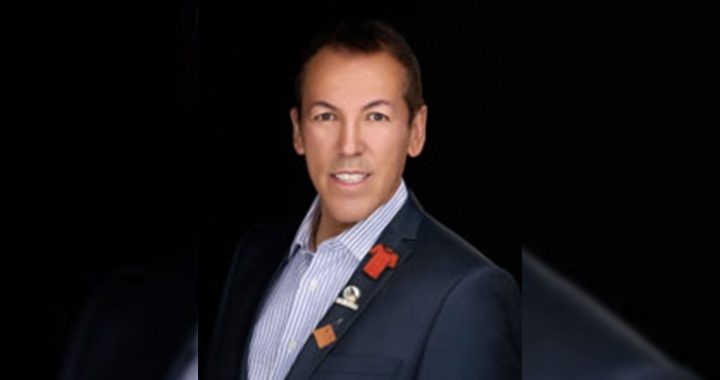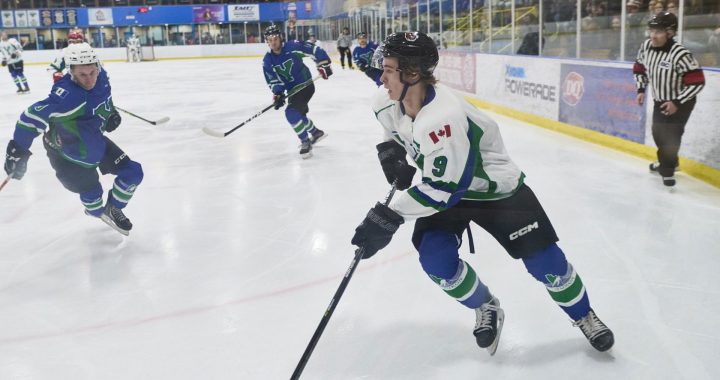Trina Roache
APTN National News
Critics say the Mi’kmaw child welfare agency in Nova Scotia isn’t doing enough to place children with family when taken out of the home.
“I think they need to work with families a little bit better and be mindful of how the child loves their family,” said Sheila Gould, from the Eskasoni First Nation. “There are members in the extended family that could step in and they’re not even considering that at all. It’s like you got to go through their red tape.”
Gould came out to a community meeting put on by Nova Scotia Legal Aid and the Native Women’s Association of Nova Scotia.
The goal is to raise awareness of parents rights when Mi’kmaw Family & Children’s Services comes knocking on their door.
Gould had questions about the rights of grandparents and other extended family members. She said there’s a circle of caring in Mi’kmaw culture that the child welfare agency ignores.
“We look after neighbors, we look after whoever and I find we’re not going to protect somebody when there’s really something wrong,” said Gould. “Just a little support, emotional or social, I think that’s what’s more important than just physically taking the kids away. I just don’t find that they even consider the child and how they feel and how the parents feel, families feels, nothing at all.”
“I just don’t find that they even consider the child and how they feel and how the parents feel, families feels, nothing at all.”
Mi’kmaw Family & Children’s Services handles child welfare for First Nation communities in Nova Scotia.
But it has to follow the provincial child welfare act.
Aboriginal legal aid lawyer Jennifer Cox says provincial policies don’t always reflect Mi’kmaw culture and the reality of life on reserve.
“My concern is that the application of these policies is too cookie cutter and too robotic,” said Cox. “People are not communicating well, they’re not making use of existing resources and there’s a lack of cultural competence on the behalf of not only the social workers, but the justice system players as well.”
Cox appears in a video produced by NS Legal Aid, both in English and Mi’kmaq, to help guide parents through the court process.
When the agency becomes aware a child is at risk, it can either remove the child or take the parents to court for a supervision order. These outline what the parents have to do to keep custody of their kids.
When it comes to deciding who can take over temporary care of the child, Cox said there doesn’t seem to be room for discretion.
“Family placements are being ignored because of criminal record checks not coming back the way the agency policy would like and that’s not ok,” said Cox. “What you’re doing is you’re saying, okay, the grandparent had an impaired driving conviction four years ago, therefore they can’t look after their grandchildren. Does that really make sense? To me, the risk of disrupting a child’s relationship to their mother is much more significant than whether grandma had a conviction for impaired and I don’t think anybody would disagree with that.”
Other times it’s less clear why the agency excludes family. One Mi’kmaw grandmother, who can’t be named due to privacy laws, was told she couldn’t take in her grandkids because she lives off reserve, despite close ties to her First Nation.
“Family placements are being ignored because of criminal record checks not coming back the way the agency policy would like”
Her son and daughter-in-law both struggled with addiction. The agency had taken the five children into care. In 2009, the young mother took her own life.
“In the letter she wrote she said she didn’t want Mi’kmaw Family to take this child away from her so she decided to take that child with her when she hung herself,” said the grandmother. “It was heartbreaking. I was devastated.”
She wanted her grandchildren to live with her. She passed the background checks, but is still fighting today even just for visitation.
“If we’re looking at traditional ways of caring for family, we just took on extended families right?” she said. “It was the norm, you just take on children and take care of them and it’s all what family does. So my grandchildren, I’m the only grandmother that they have yet I’m not allowed to have anything to do with them.”
Mi’kmaw social worker Corrina Milliea said every situation is different, every family has its own story. She’s a community social worker for the Millbrook First Nation now, but started her career at Mi’kmaw Family & Children’s Services doing child protection.
Milliea said sometimes kinship networks were ignored. “They questioned grandparents, like are they capable of looking after them, or they’d reach down ten years down the road, oh they did this. They’re not grabbing supports for this family that they have,” said Milliea. “And that’s when the policy get in the way of things like that because they want to follow the Nova Scotia way of doing provincial guidelines. That’s the cultural part they don’t look into.”
But the Mi’kmaw agency points out, they have to do what’s best for the children. And that means following high standards for temporary or foster care, even if it’s with family. And because of confidentiality, the agency can’t explain to the community the reasons behind the decision it makes.
Kristen Basque works with Mi’kmaw Family & Children’s services and said despite the perception that the agency is placing children outside of the community, the reality is that 70 per cent of Mi’kmaw children are placed in kinship homes.
“We make every effort to look for homes on reserve. We look at family first and you know, we even have a position here at the agency just to look at opening kinship homes,” said Basque. “The only time we look outside, is if we cannot find someone within the family, or their paperwork wasn’t ready, or whatever the situation may be, then we look at our foster care list, which we’re always in need of more foster homes.”
@trinaroache











